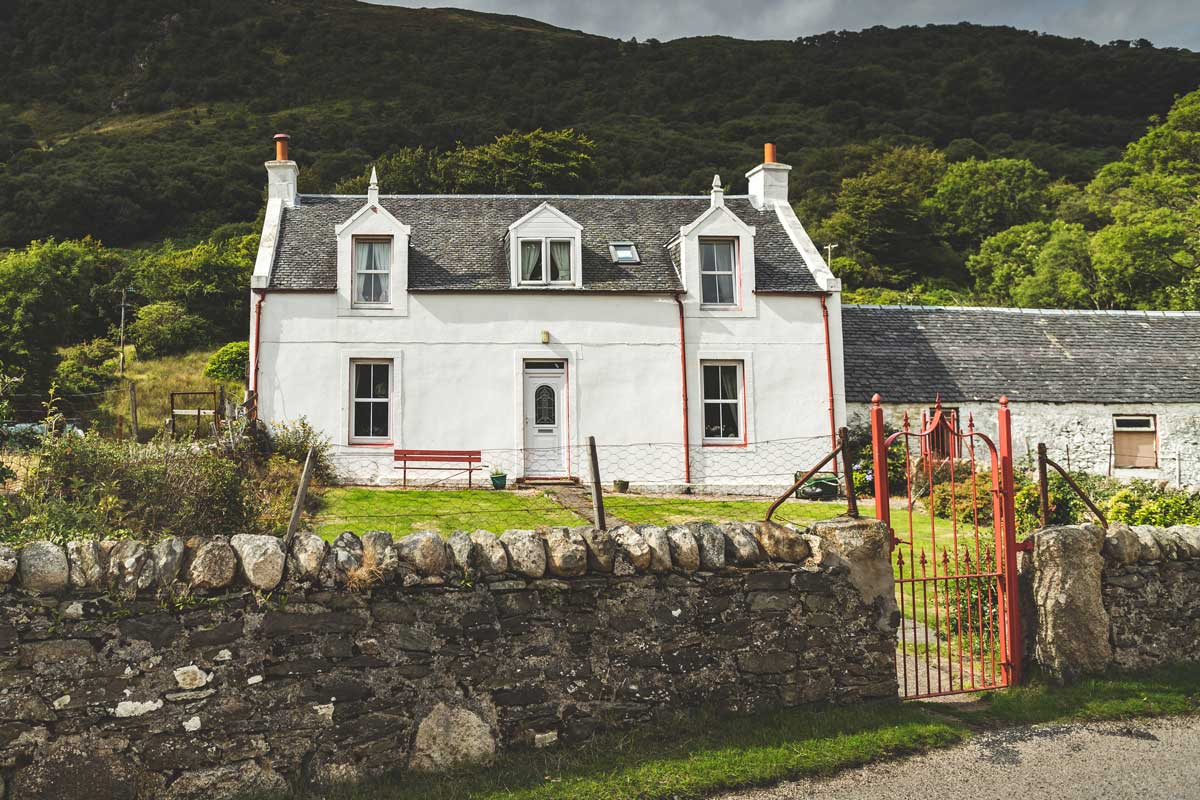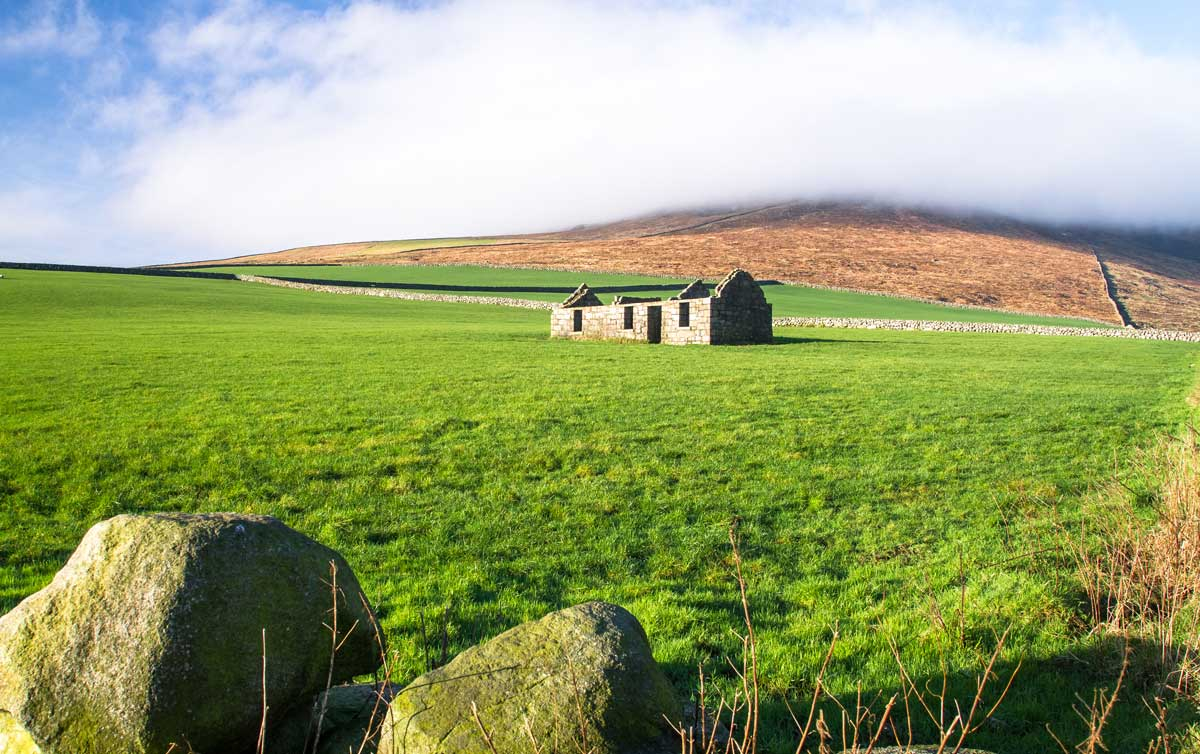We have summarised the terms and conditions below:
Conditions:
The applicant must be able to prove that the house has been vacant for 2 years.
The house must be built before 1993.
The applicant’s tax affairs must be in order. Local property Tax paid (if applicable).
You must own the property or be in advanced talks with the owner in relation to purchasing the property (and be able to prove it).
There is prioritisation of applications
a) First time buyers or people who qualify under the “fresh Start” principle.
b) Applicants with particular needs.
c) Applicants moving to live in a town or village)
Once the refurbishment/ renovations have taken place the applicant must live in the house. (If you sell the house before 5 years you will have to return the grant money).
The house cannot be rented out.
Architects fees are covered by the grant funds.
An extension under 40sqm (that does not require planning) can be constructed during the renovation process and will be covered by the grant, However if the extension is larger and needs planning for any reason then the associated costs of this extension are not covered by the grant.
Type of Work:
Substructure: foundations, rising walls, floor slabs, damp-proofing.
Superstructure: Walls, chimneys, structural timbers, suspended floors.
Internal walls, stairs, doors, windows, etc.
Roof including- flashing, fascias, soffits, gutters, downpipes.
Services: Plumbing, heating, ventilation, electrical services, telecommunications.
Painting and decoration required because of works carried out.
Extension within the ambit of exempt development under planning regulations, as part of a wider refurbishment.
Necessary external works and site development works carried out within the curtilage of the site
If the cost of works is over the initial €30,000 the applicant can apply for a €20,000 top up if the house is proved to be derelict.
The grant must be approved prior to the work starting.
Grant money is made payable once work is finished and inspected.










